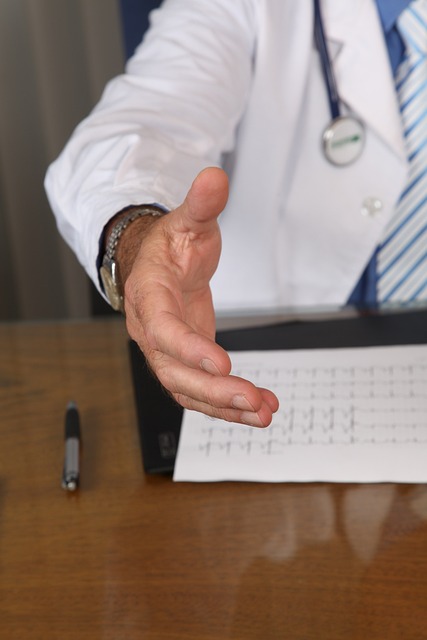Most people in Norway are satisfied with digital health services and more and more are using them. Those who start using digital health services for the first time are eager to use them later.
Z resident surveys on e-health 2023 (helsedirektoratet.no) conducted by the Norwegian Directorate of Health shows that almost 6 out of 10 Norwegian residents are satisfied with digital health services in Norway.
A big increase in digital contact. eHealth Survey 2023
Moreover, the number of Norwegian residents who had digital contact with healthcare last year increased from one third in 2019 to a whopping 57 percent last year.
– These are good numbers that show that the digitization of our healthcare service is going in the right direction. Without digitalization, we will not have the same health services in the country in ten years, says Minister of Health and Care Ingvild Kjerkol.
– We are therefore completely dependent on the people of Norway trusting digital health services and increasingly using them. This survey provides inspiration for further work.
Speed during the pandemic
Since 2019, Norwegians' opinion on the use of digital health services has been surveyed.
The number of people in Norway who had digital contact with healthcare increased during the pandemic and continued to increase in 2022–2023 even though the pandemic has passed.
– It is especially worth noting that people using digital health services for the first time often use them three, four or more times a year. This indicates a lower threshold for using such services after gaining experience with them, Kjerkol says.
Also read: Toxins in baby food may have caused food poisoning
Investment in digital services. The digitization of healthcare is on the right track
This year's state budget includes the start of a six-year budget investments in digital health services was set at NOK 1,25 billion.
Among other things, the initiative will strengthen patients' ability to actively participate in their own treatment plan, but also ensure that specialists have access to the information they need - when they need it.
– This study shows that the percentage of people who want access to more digital health services has increased from 30%. in 2022 up to 35 percent in 2023. At the same time, many people have higher expectations about what we will deliver and how quickly. I think it's very good that citizens are driving greater digitization of health services, says Kjerkol.
What digital health services are people missing?
Those who responded that they wanted access to more digital health services (35% in total) were also asked what they wanted access to.
Of these respondents:
7 in 10 people say they want access to the results of blood tests, laboratory tests, radiology and X-rays.
7 out of 10 responded that they wanted access to medical records from their primary care physician
6 in 10 responded that they wanted to have an overview of their own information, such as medications, referrals and treatment plans
6 out of 10 responded that they wanted to have access to the ability to book/cancel an appointment
5 in 10 responded that they wanted a greater degree of digital communication, such as secure and simple chat
The government responds to challenges
– It's interesting to see what people are looking for and it's a good guide for us when designing policy. When it comes to increasing access to research results, we are working full steam ahead to facilitate this through the initiative Patient's test results – says Kjerkol.
Patient test results they give both professionals and citizens insight into laboratory and radiology test results, regardless of who ordered the test or where it was performed.
– Patients should not repeat their medical history, and specialists must have access to the right information at the right time. Thanks to this, patients will have a good encounter with our joint health service, and specialists will receive the tools they need.
- Patient's medication list in Bergen has been a huge success, which means that both the patient and all the medical staff who are expected to monitor him have the same, up-to-date list of the medications the patient is taking. I can't wait until this solution is also implemented in the municipalities neighboring Bergen, says Kjerkol.
Do people trust digital health services?
The survey shows that people are highly confident that their health information is secure.
- Nearly 3 in 4 (72%) responded that they were confident that information about their health was available to the medical personnel from whom they received care.
- 7 out of 10 people say they are confident that their health information is secure and not accessible to unauthorized persons.
- 2 out of 3 people are confident that their health information is accurate and protected against inappropriate change and deletion.
Like us on Facebook and share our post with others
Source: regjeringen, Photo: pixabay
Also read: The Norwegian Directorate of Education wants to remove mobile phones from classrooms



